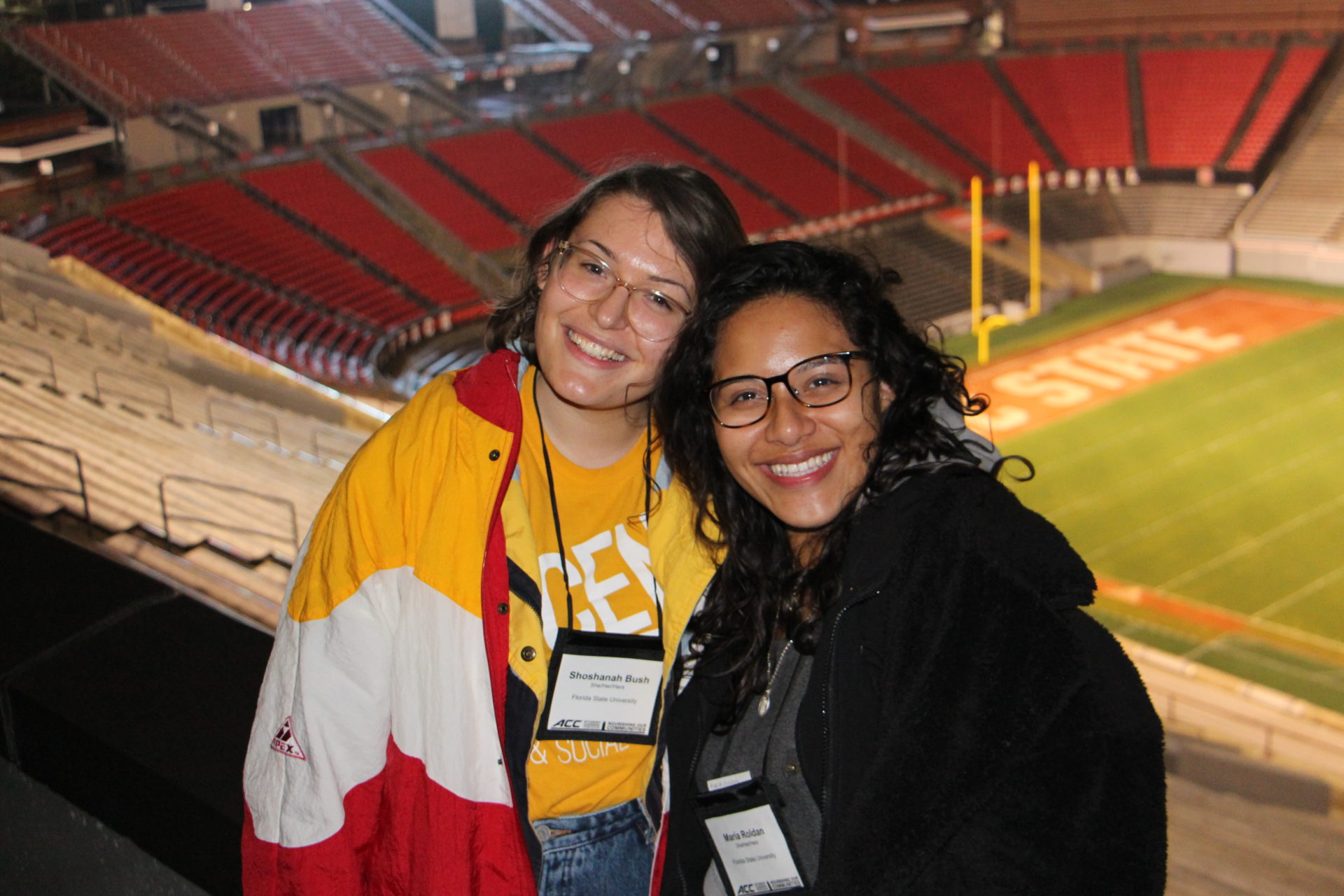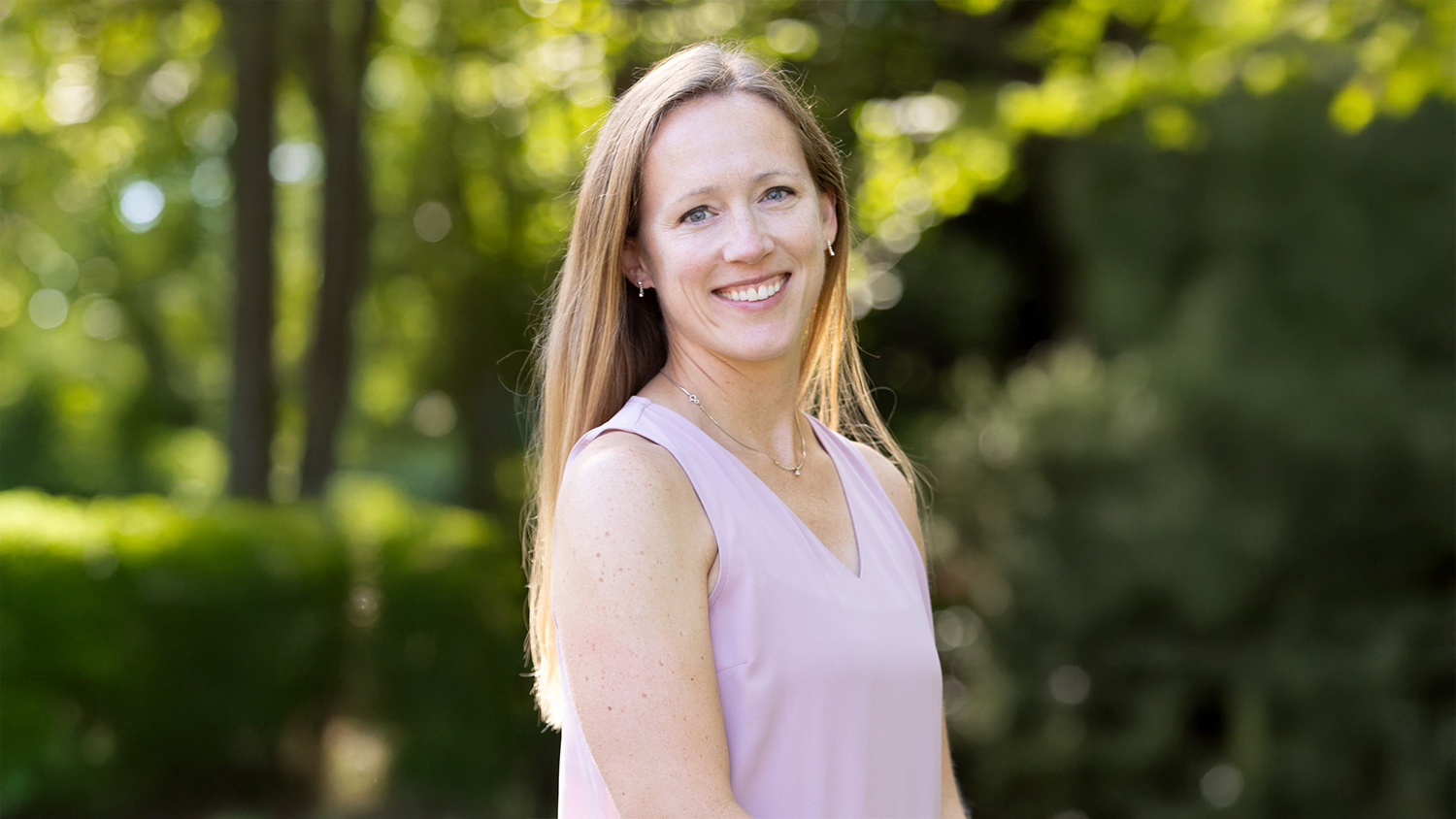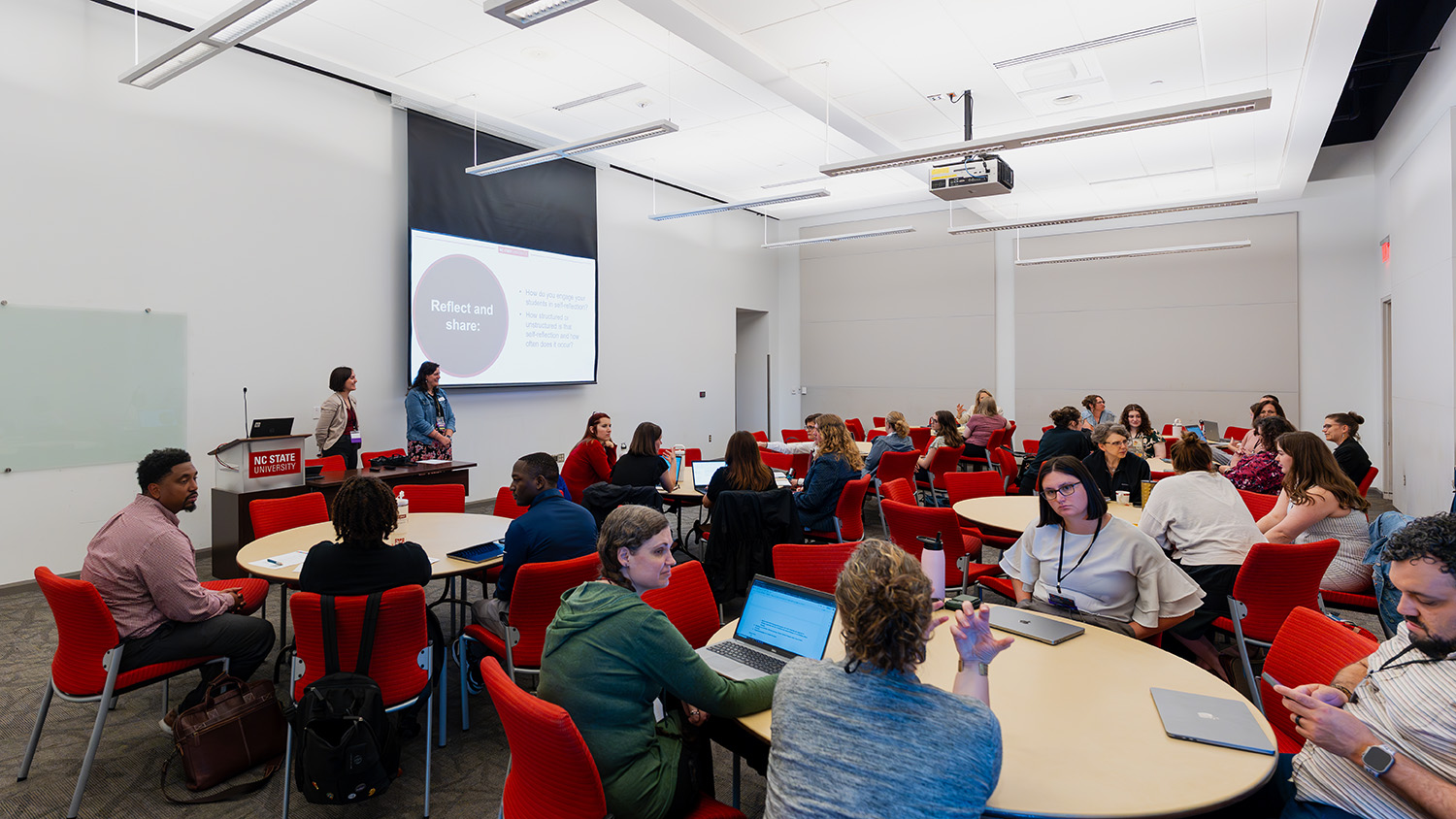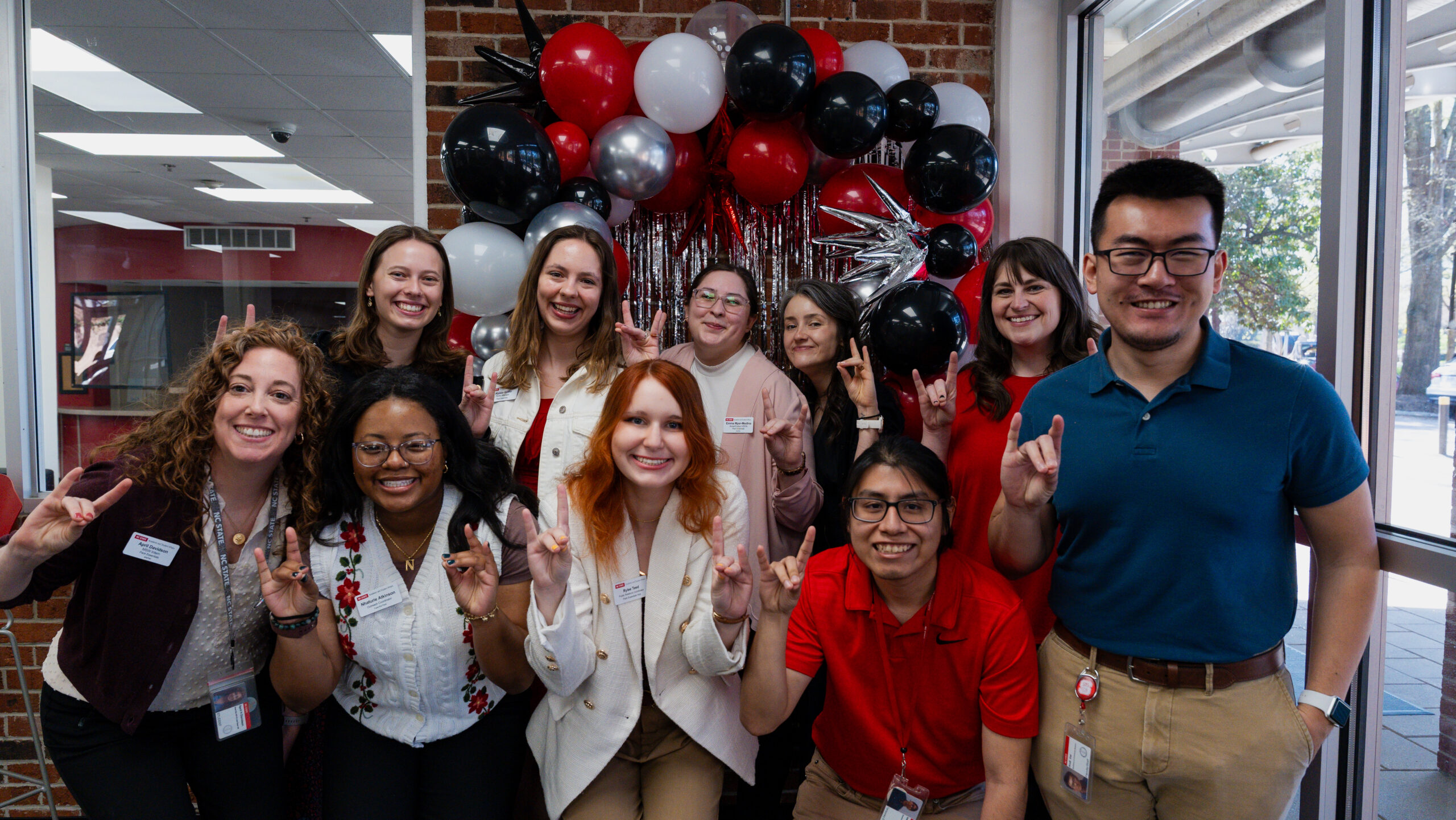ACC Leadership Students Nourish our Communities

[lead]A recent study found 36 percent of university students and 42-56 percent of community college students were food insecure in the 30 days prior to when they were surveyed. In other words, nearly 40 percent of college students suffer from “limited or uncertain availability of nutritionally adequate and safe foods, or the ability to acquire such foods in a socially acceptable manner.”[/lead]
That’s when 75 students from 15 Atlantic Coast Conference (ACC) schools decided these numbers were unacceptable and took the first step to alleviating food insecurity in their community by attending the 2019 ACC Student Leadership Symposium. The 2019 conference, planned and led by NC State’s Leadership and Civic Engagement office with support from generous campus and community partners, focused on Nourishing our Communities: Uniting Against Hunger.
[pullquote color=”wolfpackred” align=”alignright”]Food insecurity is an issue that must be tackled together, as a global community.[/pullquote]
Delegates began the first night at the Vaughn Towers overlooking Carter-Finley Stadium. There, students immersed themselves
in the words of one of the keynote speakers for the evening, Former Congresswoman Eva Clayton. Clayton served as the first female African American politician to represent North Carolina in the House of Representatives, and through her experiences as Assistant Director-General of the United Nations’s Food and Agriculture Organization, set the stage for students to discuss the issues surrounding food insecurity truthfully and realistically. Clayton encouraged students to continue to collaborate with each other well after the end of the Symposium. Food insecurity is an issue that must be tackled together, as a global community.
From the beginning, students established a safe space where each individual could share their experiences openly and freely,
without fear of judgement. Keynote speaker and NC State alum Kalysha Clark set the tone by beginning the symposium sharing her personal experiences. In break out sessions on Saturday morning, students were encouraged to delve into their unique perspectives and challenge their biases. NC State University delegate Roshni Panwala admits, “In this personal moment of self-reflection, I had a vivid picture of who could be food insecure: anyone.” In order to maximize their short time together, students were organized into small project groups. By playing to their strengths, each student was able to contribute to a comprehensive plan to design innovative interventions to tackle food insecurity in their own communities. Overall, the close-knit discussions allowed students to “learn from others [and] be in a place where people care about the same things.”
[pullquote cite=”Roshni Panwala” color=”wolfpackred” align=”alignleft”]In this personal moment of self-reflection, I had a vivid picture of who could be food insecure: anyone.[/pullquote]
In addition to learning from the speakers, panelists, and each other, the delegates also took part in a service event. On the second night, students partnered with Rise Against Hunger, an international hunger relief organization, to package nutritious meals to distribute to partner organizations in countries around the world. With sheer determination, students packaged 25,000 meals in a span of two hours. The opportunity for direct service, to see before their eyes the impact of their actions encouraged students to feel “empowered to move forward” and promote change on their own campuses.
As the third day came to a close, the ACC Symposium felt like a whirlwind. After hearing the perspectives of, not only multiple keynote speakers, but also their own peers, students left the conference with a broader perspective than when they entered. At the end of the day, “food insecurity is a human issue that has no face, shape, or name. But, with a coalition of people who have a heart to care, and dare to act, it can be effectively addressed.”
*Source: https://hope4college.com/wp-content/uploads/2018/09/Wisconsin-HOPE-Lab-Still-Hungry-and-Homeless.pdf


